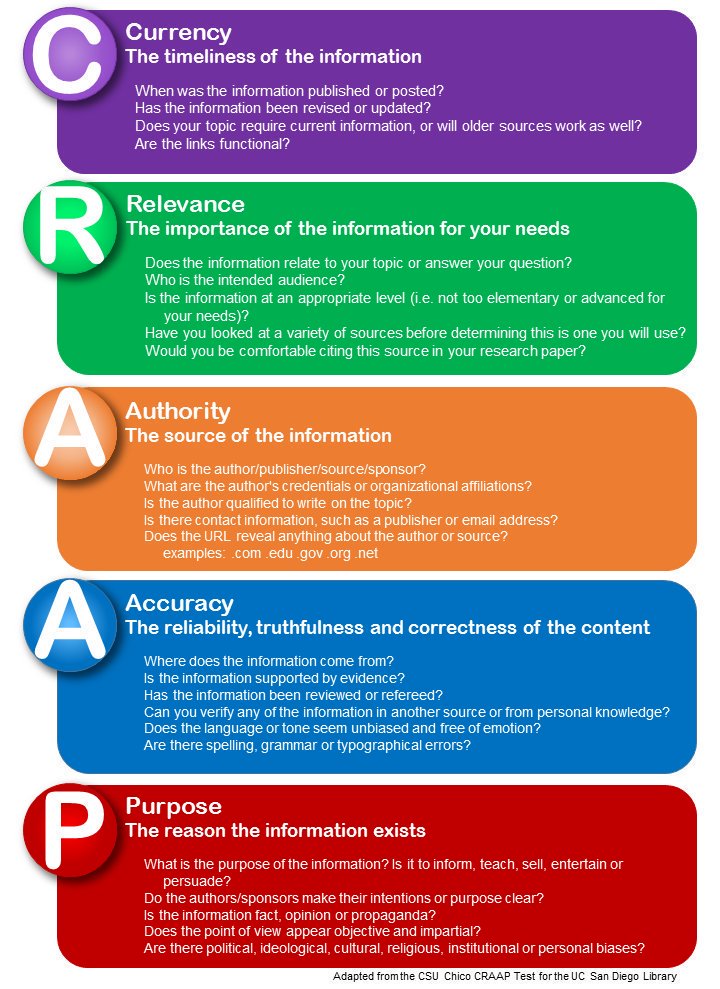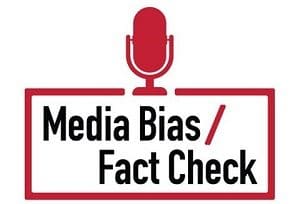For centuries, literacy has referred to the ability to read and write. Today, we get most of our information through an interwoven system of media technologies. The ability to read many types of media has become an essential skill in the 21st Century. Media literacy is the ability to access, analyze, evaluate, and create media. Media literate youth and adults are better able to understand the complex messages we receive from television, radio, Internet, newspapers, magazines, books, billboards, video games, music, and all other forms of media.
Websites for Analyzing Media
Books on Media Literacy
-
Media Literacy: new agendas in communication by
Call Number: P96.M4 M46 2010ISBN: 0415872219Publication Date: 2010 -
Radical Information Literacy: reclaiming the political heart of the IL movement by
Call Number: e-bookISBN: 1843347482Publication Date: 2014 -
Critical Literacy and Urban Youth: pedagogies of access, dissent, and liberation by
Call Number: LC149 .M614 2008ISBN: 0805856633Publication Date: 2008 -
Popular Culture in the Classroom: teaching and researching critical media literacy by
Call Number: P91.3 .A485 1999ISBN: 0872072452Publication Date: 2002 -
Literacy in a Digital World: teaching and learning in the age of information by
Call Number: LC149.5 .T96 1998ISBN: 0805822267Publication Date: 1998 -
Media Literacy: keys to interpreting media messages by
Call Number: e-bookISBN: 1440830924Publication Date: 2014
CRAAP Test
When doing research make sure you use sources that pass the CRAAP test. These datapoints will help you determine if a source is scholarly enough to cite.

On the Media Podcast
WNYC’s weekly investigation into how the media shapes our world view. Brooke Gladstone and Bob Garfield give you the tools to survive the media maelstrom.
Websites for Analyzing Media
Mediaocracy
TedTalk: See Past Your Own Biases
Aspen Institute-- Digital and Media Literacy Plan

In 2010 the Aspen Institute published a paper called Digital and Media Literacy: A Plan of Action: A White Paper on the Digital and Media Literacy Recommendations of the Knight Commission on the Information Needs of Communities in a Democracy. Access the full report here: https://www.aspeninstitute.org/publications/digital-media-literacy-plan-action-2/
Written by Renee Hobbs, this report offers a plan of action for how to bring digital and media literacy education into formal and informal settings through a community education movement. The report defines digital and media literacy as a constellation of life skills that are necessary for full participation in our media-saturated, information-rich society.
Media Literacy Organizations
-
Center for Media LiteracyThe Center for Media Literacy (CML) is an educational organization that provides leadership, public education, professional development and educational resources nationally and internationally. Dedicated to promoting and supporting media literacy education as a framework for accessing, analyzing, evaluating, creating and participating with media content, CML works to help citizens, especially the young, develop critical thinking and media production skills needed to live fully in the 21st century media culture. The ultimate goal is to make wise choices possible.

